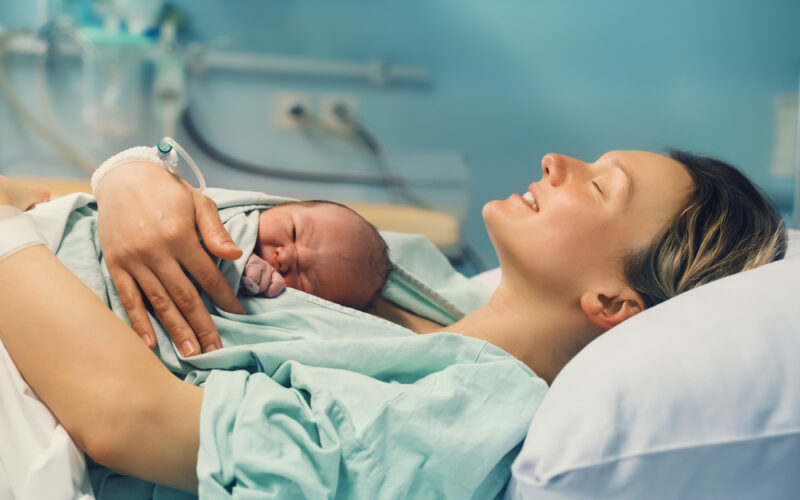Mothers carry our future, yet today, even with modern medical advances, motherhood in the United States remains shockingly dangerous, and New York is no exception.
More mothers are dying from childbirth than in years past, with the maternal mortality rate for Black women in America 2.6 times that for white women. In New York, that disparity widens fourfold, an alarming reflection of the systemic issues in our health care system.
Now, with the Trump administration stripping away maternal health support, including cutting one quarter of the staff at the Health Resources and Services Administration, which oversees the Maternal and Child Health Bureau, critical programs to address maternal deaths have been hollowed out or eliminated entirely. These losses will only widen disparities and put communities that are already in the margins in greater danger.
Of course, New York knows its mothers deserve quality health care, and important steps have been taken to address maternal health. In August, NYC Health + Hospitals’ Woodhull Medical Center in North Brooklyn broke ground on a $20 million renovation to their Labor and Birthing Suite, and Elmhurst Hospital’s investments in maternal health earned it a redesignation as a Baby-Friendly hospital, a global recognition of excellence in maternity care and infant feeding support.
Meanwhile, legislators in Brooklyn recently passed a law requiring hospitals to inform pregnant women with early contractions of the health risks that pre-term labor and early delivery pose.
We also applaud the city’s efforts, including the long-standing By My Side Birth Support Program in Brooklyn and the more recent Citywide Doula Initiative, which is expanding services to high-need communities citywide.
These programs represent meaningful progress, but gaps do remain. In many cases, the system still falls short, with one study by the NYC Department of Health finding that implicit bias, or the preconceptions or stereotypes that affect our decisions, understanding, and actions, in an unconscious way, contributes to nearly 70% of pregnancy-related deaths.
This tells us that many maternal deaths are preventable tragedies, compounded by health care system gaps from underfunding, poor communication with patients, and structural inequities. These are not inevitable outcomes, they are policy choices and a failure to meet our communities where they are.
This is unacceptable, but it’s a problem we can solve.
In fact, we’ve seen the impact that preventative support can have on saving lives firsthand. Through United Way of New York City’s Preventative Care Access programs, funded by the state Senate and Department of Health for three years in a row, mobile health clinics and free screenings are bringing care directly into neighborhoods. These services ensure families receive health education and care before emergencies arise, identifying pre-existing conditions like diabetes and hypertension early on, so mothers are not only treated but empowered with critical knowledge. As a result, the program has cut down on hospital visits, saving the state more than $4 million in Medicaid spending.
Other state-funded programs, like a new City University midwifery program to expand culturally-competent care; a maternal mental health working group to address perinatal and postpartum mood and anxiety disorders; and new efforts to improve health care pricing transparency, are all examples of the diverse, targeted care we need to improve maternal health outcomes. These are hard-fought policy wins delivering proven results in our community and ensuring families have access to the support they need, when and where they need it.
But programs like Preventative Care Access cannot grow or reach everyone in need if we do not continue to expand investment in maternal health. Experts are sounding the alarm on languishing birthrates, encouraging families to have more children, but as parents ourselves, we know that every life begins with a mother’s life.
Child care and financial incentives help — in fact, the New York Healthy Birth Grant introduced this past legislative session by Sen. Gounardes is the first of its kind to provide financial support for families with Medicaid-covered births. However, maternal health begins long before the birthing room. Families cannot thrive if mothers are not able to access basic preventative care.
As the governor and Legislature plan for next year’s state budget and to respond to the drastic changes to Medicaid that will leave more people without health care, it will be crucial to invest in maternal health, expand programs like United Way’s Preventative Care Access, and ensure that all mothers in New York receive the care they deserve. Our future depends on it.
Bonilla is president and CEO of United Way of New York City. Gounardes is a state senator from Brooklyn.








